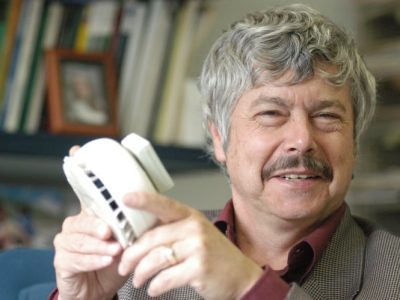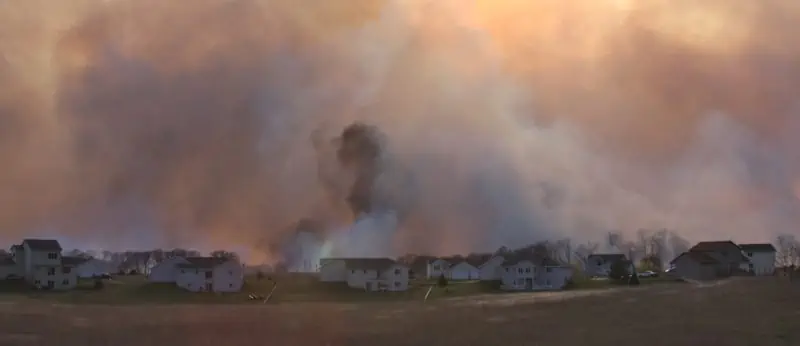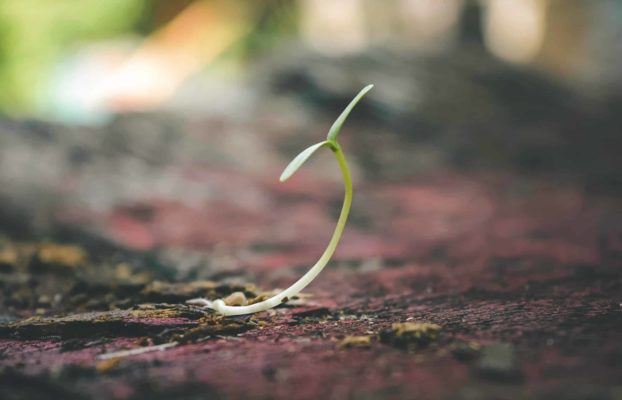KIRK R. SMITH, UC BERKELEY PROFESSOR OF GLOBAL AND ENVIRONMENTAL HEALTH, DIED AT HIS BERKELEY HOME ON JUNE 15, 2020. With his passing, the world lost a towering force for protecting planetary and human health.
Kirk was great in so many ways. A brilliant mind, innovative scholar, wonderful colleague, tireless defender of the poorest people on earth, supportive teacher and mentor, devoted family man, and, for those of us lucky enough to have known him well, a dear friend who was quick to flash a smile and laugh.
Kirk’s most notable contributions to science came from being the first to identify and intensively study the impact of cooking with solid fuel on indoor air quality. Billions around the world still cook with wood, coal, dung, and peat inside their homes without proper ventilation. Many of the people worst affected are women and children who often work in the kitchen to feed their families. His pioneering work led to several seminal papers documenting the outlandishly high levels of indoor air pollution and health effects from these pervasive exposures in Latin America, Asia, and Africa. This work spawned a whole new field of inquiry and numerous efforts to replace cookstoves with cleaner burning appliances. The World Health Organization now ascribes some 4 million deaths a year to the indoor air pollution that Kirk rightly identified as a leading risk before anyone else had given it much thought. He always used to say “follow the risk,” and this led him to this remarkable discovery.
His outstanding contributions were recognized by his appointment to the U.S. National Academy of Science in 1997, one of the highest honors bestowed scientists in the U.S., and his receipt of the Tyler Award – often thought of as the Nobel Prize for Environmental Health. He won the lifetime achievement award for Exposure Sciences in 1999, known then as the Jerome J. Wesolowski Award. Moreover, he made critical contributions to understanding the health impacts of climate change. He shared in 2007 the Nobel Peace Prize with other scientists and former vice president Al Gore for his work on the Intergovernmental Panel of Climate Change.
We taught a climate change and health course together for three years at UC Berkeley. I learned so much from this experience, as did many of our excellent students. He would sometimes fly in from Asia less than 2 hours before the class, but he never missed one somehow. I still marvel at the pace he kept. At the end of the class, as Kirk got up to leave from the last lecture, the students burst into applause and gave us a standing ovation. Oddly enough, on the day I learned of his sudden and unexpected passing from a stroke and ensuing heart attack, three of his former students participated in virtual meetings with me. They all said that Kirk had inspired them to study Environmental Health; one began to cry as she said he was her most inspirational teacher during her academic career.
Although he was not my official mentor, I viewed him as a mentor by example. He epitomized everything a UC Berkeley professor should be: visionary and innovative, but always focusing on helping those who were poor and disenfranchised. Great science melded with a quest to make the world a better place. His work has no doubt saved millions of lives in some of the poorest places on Earth.
Kirk and his wife Joan were also extremely generous with their time and beautiful home in the Berkeley Hills, inviting students, staff, and visiting scholars for large dinner parties. We also hosted departmental gatherings at my place, allowing us to know each other on a personal level as well. I know the students and their families always appreciated these events, which created a sense of community and shared vision, with the enduring friendships that evolved.
Kirk is survived by his wife of 42 years, Joan Diamond of Berkeley, his daughter Nadia Diamond-Smith and her husband, Vanja Torbica, of Berkeley, and their two grandchildren, Zoja and Miro. Our hearts go out to them for the huge loss they have suffered.
For other tributes and obituaries, please see: Berkeley Public Health, Washington Post, New York Times, The Daily Californian, East-West Center, Times of India







